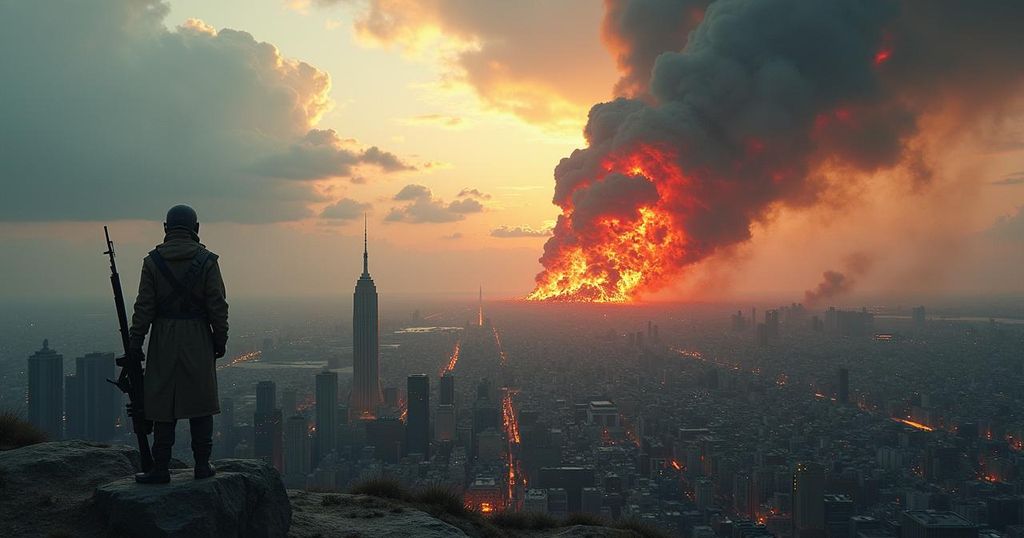Violence in South Sudan Claims 24 Lives Amid Ongoing Conflict
In South Sudan, recent attacks involving rebels and government forces have resulted in 24 deaths, mostly among civilians. The UN has raised concerns over ongoing violence, with calls for the government to investigate these incidents. The country continues to struggle with political instability, ethnic conflicts, and poor economic conditions in the aftermath of a prolonged civil war.
Recent assaults and retaliatory strikes between armed factions in South Sudan have led to the death of 24 individuals, predominantly civilians, according to reports from the United Nations and local authorities. The violence occurred this week in the southern Central Equatoria state and was primarily between a faction of the National Salvation Front (NAS) and government forces. The United Nations Mission in South Sudan (UNMISS) expressed profound alarm regarding these “inter-connected incidents” and noted that out of the 24 fatalities, 19 were civilians. UNMISS head, Nicholas Haysom, issued a statement expressing his grave concern over these violent acts, urging the South Sudanese government to perform an immediate investigation to hold the responsible parties accountable. Central Equatoria’s peace minister, Gerald Francis, detailed that in two separate attacks, armed individuals targeted young people, resulting in them being shot or brutally murdered with machetes, characterizing the incidents as a “horrific massacre.” The NAS group has consistently refused to disarm, rejecting a peace agreement from 2018 aimed at concluding a prolonged civil conflict that has plagued the nation since its independence in 2011. This civil war, which began in 2013, resulted in approximately 400,000 deaths and displaced millions. The 2018 peace deal attempted to unite President Salva Kiir and Vice President Riek Machar, yet constitutional amendments and the scheduling of the nation’s inaugural elections have consistently faced delays. South Sudan continues to grapple with political instability, ethnic tensions, climate-related disasters, and rampant corruption, rendering it one of the world’s poorest nations despite its abundant oil resources. A recent disruption in a key pipeline located in neighboring Sudan further exacerbated the economic crisis, causing significant inflation in food prices and depreciation of the local currency.
Since gaining independence in 2011, South Sudan has been embroiled in violence and instability, transitioning from crisis to crisis. Efforts towards peace have been hampered by political disagreements and clashes between government forces and various armed groups. The conflict that erupted in 2013 led to massive civilian casualties and widespread displacement, with attempts for peace often unfulfilled. Economic struggles remain critical due to mismanagement and the challenges posed by violent conflicts, further complicating recovery efforts in this fragile state.
In conclusion, South Sudan is once again witnessing tragic violence that underscores the ongoing crisis in the nation. With 24 lives lost, including 19 civilians in recent attacks, the urgency for comprehensive investigations and accountability is paramount. As the country faces a multitude of challenges—political, economic, and social—the international community continues to monitor the situation closely, advocating for sustained peace and stability.
Original Source: www.barrons.com




Post Comment